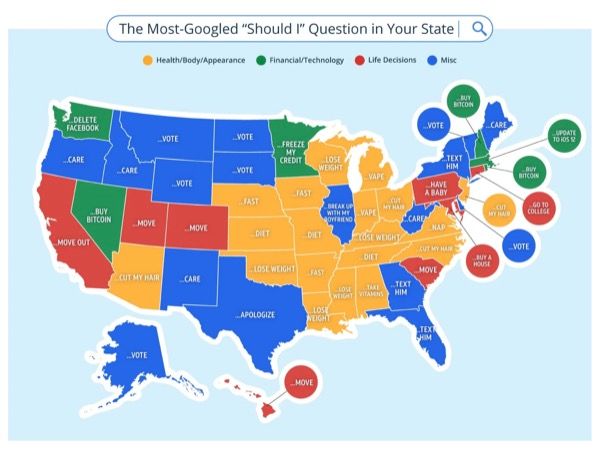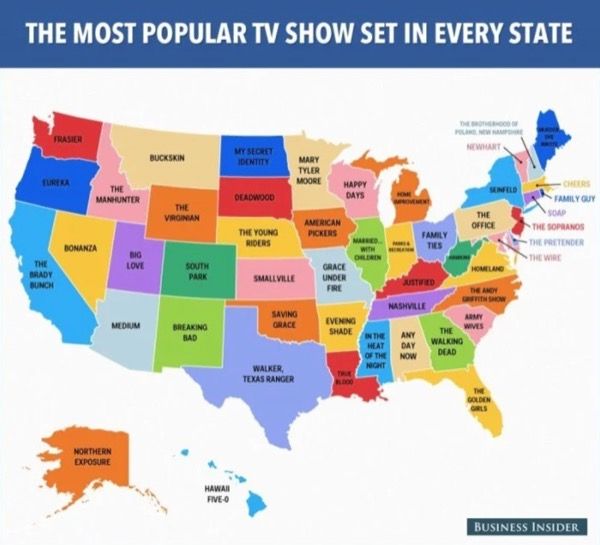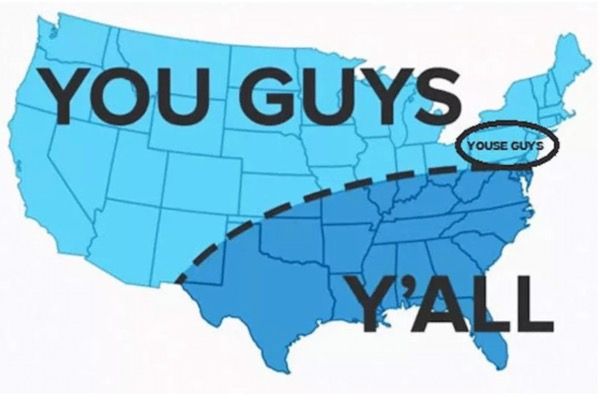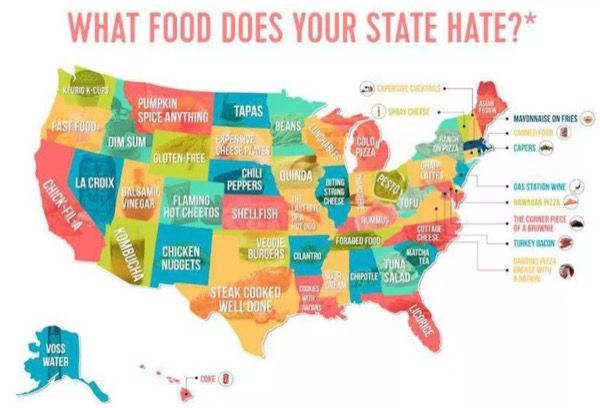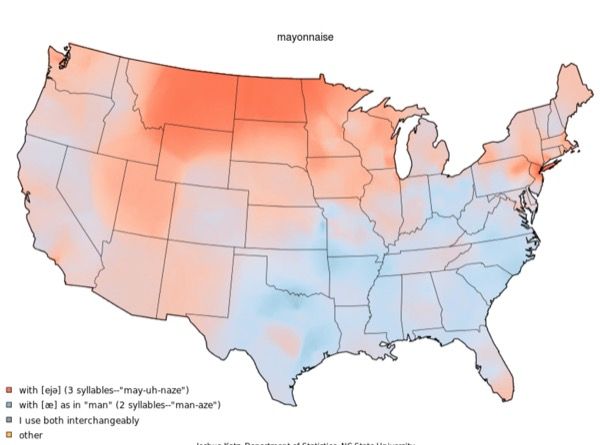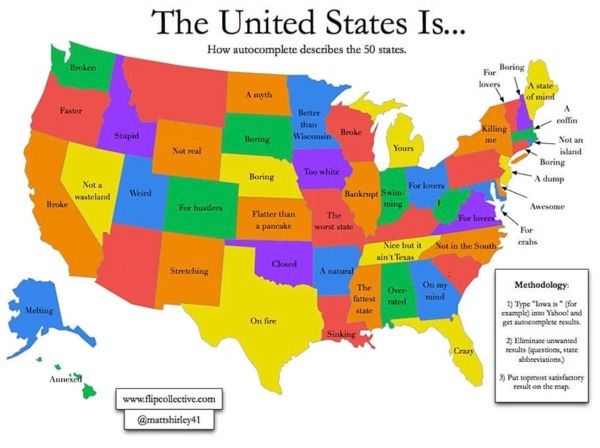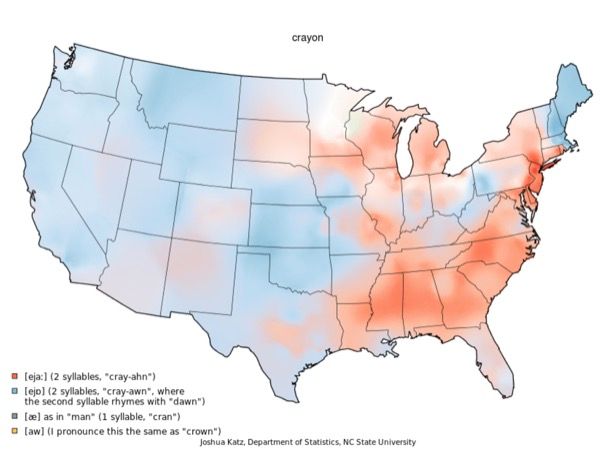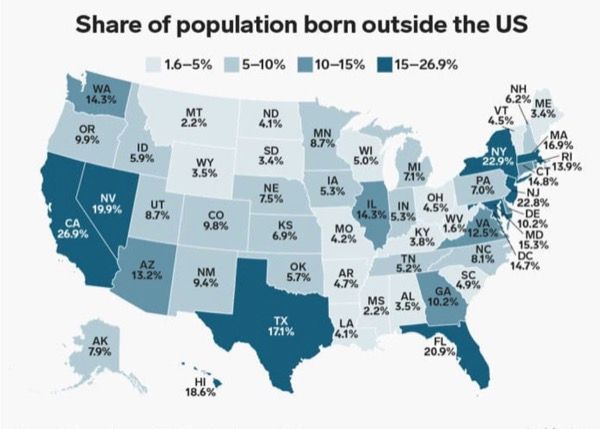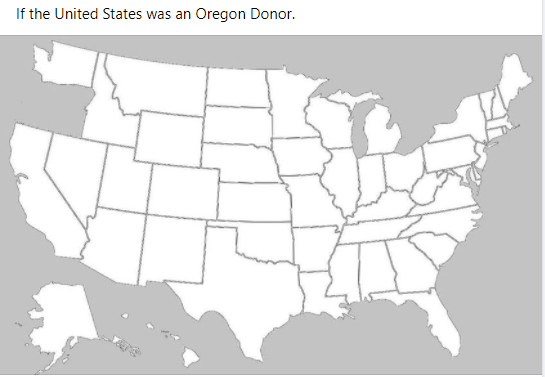Fun Maps
-
-
@LuFins-Dad https://en.wikipedia.org/wiki/Yinz
Yinz is the most recent derivation from the original Scots-Irish form you ones or "yous ones", a form of the second person plural commonly heard in parts of Ulster. When standard-English speakers talk in the first person or third person, they use different pronouns to distinguish between singular and plural. In the first person, for example, speakers use the singular I and the plural we. But when speaking in the second person, you performs double duty as both the singular form and the plural form. Crozier (1984) suggests that during the 19th century, when many Irish speakers switched to speaking English, they filled this gap with you ones, primarily because Irish has a singular second-person pronoun, tú, as well as a plural form, sibh. The following, therefore, is the most likely path from you ones to yinz: you ones [juː wʌnz] > you'uns [juːʌnz] > youns [juːnz] > yunz [jʌnz] > yinz [jɪ̈nz]. Because there are still speakers who use each form,[2] there is no stable second-person plural pronoun form in southwest or central Pennsylvania, which is why the pronoun is variably referred to or spelled as you'uns, y'ins, y'uns, yunz, yuns, yinz, yenz, yins or ynz.
In other parts of the U.S., Irish or Scots-Irish speakers encountered the same gap in the second-person plural. For this reason, these speakers are also responsible for coining the yunz used in and around Middletown, Pennsylvania, as well as the youse found mainly in New York City, the Philadelphia dialect and New Jersey, and the ubiquitous y'all of the South.[3]
A similar form with similar Irish/Scots roots is found further north in the Atlantic Provinces of Canada. Rarely written, it is spelled yous, and is usually pronounced as [jɪ̈z] or something between [jɪ̈z] and [jʊ̈z]. It is sometimes combined with all for emphasis, as in "Are yous all coming to the party?" This usage is also used widely within Carbon and Schuylkill County, Pennsylvania.
-
@LuFins-Dad https://en.wikipedia.org/wiki/Yinz
Yinz is the most recent derivation from the original Scots-Irish form you ones or "yous ones", a form of the second person plural commonly heard in parts of Ulster. When standard-English speakers talk in the first person or third person, they use different pronouns to distinguish between singular and plural. In the first person, for example, speakers use the singular I and the plural we. But when speaking in the second person, you performs double duty as both the singular form and the plural form. Crozier (1984) suggests that during the 19th century, when many Irish speakers switched to speaking English, they filled this gap with you ones, primarily because Irish has a singular second-person pronoun, tú, as well as a plural form, sibh. The following, therefore, is the most likely path from you ones to yinz: you ones [juː wʌnz] > you'uns [juːʌnz] > youns [juːnz] > yunz [jʌnz] > yinz [jɪ̈nz]. Because there are still speakers who use each form,[2] there is no stable second-person plural pronoun form in southwest or central Pennsylvania, which is why the pronoun is variably referred to or spelled as you'uns, y'ins, y'uns, yunz, yuns, yinz, yenz, yins or ynz.
In other parts of the U.S., Irish or Scots-Irish speakers encountered the same gap in the second-person plural. For this reason, these speakers are also responsible for coining the yunz used in and around Middletown, Pennsylvania, as well as the youse found mainly in New York City, the Philadelphia dialect and New Jersey, and the ubiquitous y'all of the South.[3]
A similar form with similar Irish/Scots roots is found further north in the Atlantic Provinces of Canada. Rarely written, it is spelled yous, and is usually pronounced as [jɪ̈z] or something between [jɪ̈z] and [jʊ̈z]. It is sometimes combined with all for emphasis, as in "Are yous all coming to the party?" This usage is also used widely within Carbon and Schuylkill County, Pennsylvania.
@LuFins-Dad https://en.wikipedia.org/wiki/Yinz
Yinz is the most recent derivation from the original Scots-Irish form you ones or "yous ones", a form of the second person plural commonly heard in parts of Ulster. When standard-English speakers talk in the first person or third person, they use different pronouns to distinguish between singular and plural. In the first person, for example, speakers use the singular I and the plural we. But when speaking in the second person, you performs double duty as both the singular form and the plural form. Crozier (1984) suggests that during the 19th century, when many Irish speakers switched to speaking English, they filled this gap with you ones, primarily because Irish has a singular second-person pronoun, tú, as well as a plural form, sibh. The following, therefore, is the most likely path from you ones to yinz: you ones [juː wʌnz] > you'uns [juːʌnz] > youns [juːnz] > yunz [jʌnz] > yinz [jɪ̈nz]. Because there are still speakers who use each form,[2] there is no stable second-person plural pronoun form in southwest or central Pennsylvania, which is why the pronoun is variably referred to or spelled as you'uns, y'ins, y'uns, yunz, yuns, yinz, yenz, yins or ynz.
In other parts of the U.S., Irish or Scots-Irish speakers encountered the same gap in the second-person plural. For this reason, these speakers are also responsible for coining the yunz used in and around Middletown, Pennsylvania, as well as the youse found mainly in New York City, the Philadelphia dialect and New Jersey, and the ubiquitous y'all of the South.[3]
A similar form with similar Irish/Scots roots is found further north in the Atlantic Provinces of Canada. Rarely written, it is spelled yous, and is usually pronounced as [jɪ̈z] or something between [jɪ̈z] and [jʊ̈z]. It is sometimes combined with all for emphasis, as in "Are yous all coming to the party?" This usage is also used widely within Carbon and Schuylkill County, Pennsylvania.
The You’ns shifting to a yinz is more of an accent issue than it is a sincere phonetic change. There are regions in Western PA where the short u comes out shortened and less emphasized. Umbrella would sound like mbrella or umbrella. It’s still pronounced umbrella…
-
And I grew up in a higher class of Western PA nitwits. For my family, it was most definitely you’ns with a distinct separation between the you and ns.
-
I speak NY English. I’ve said youse plenty of times. Along with shtreet for the road cars go on.
-
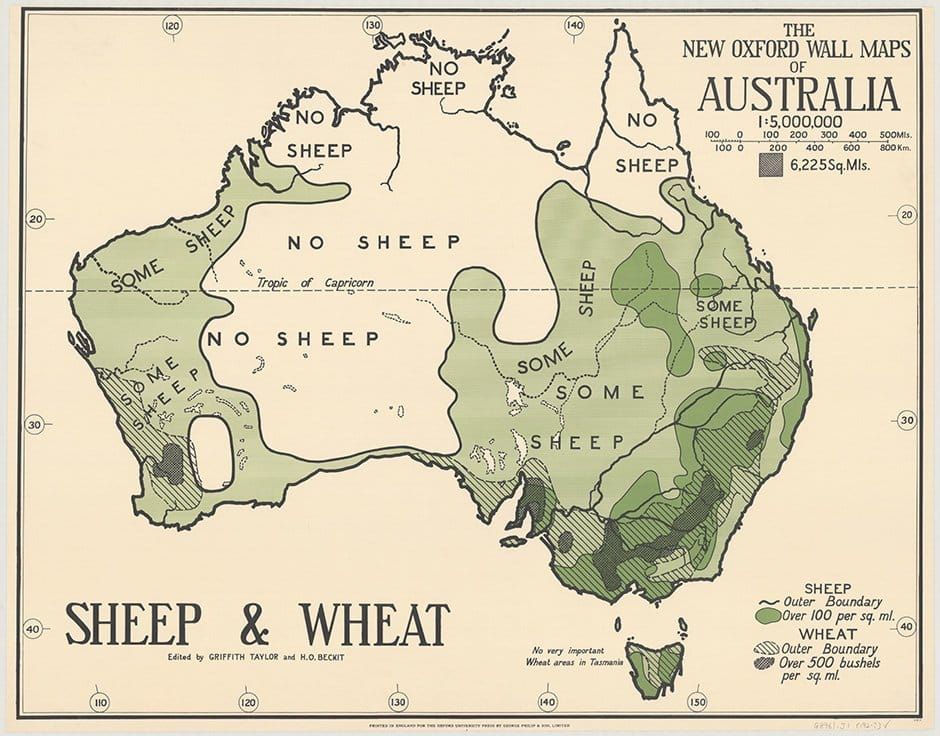
-
